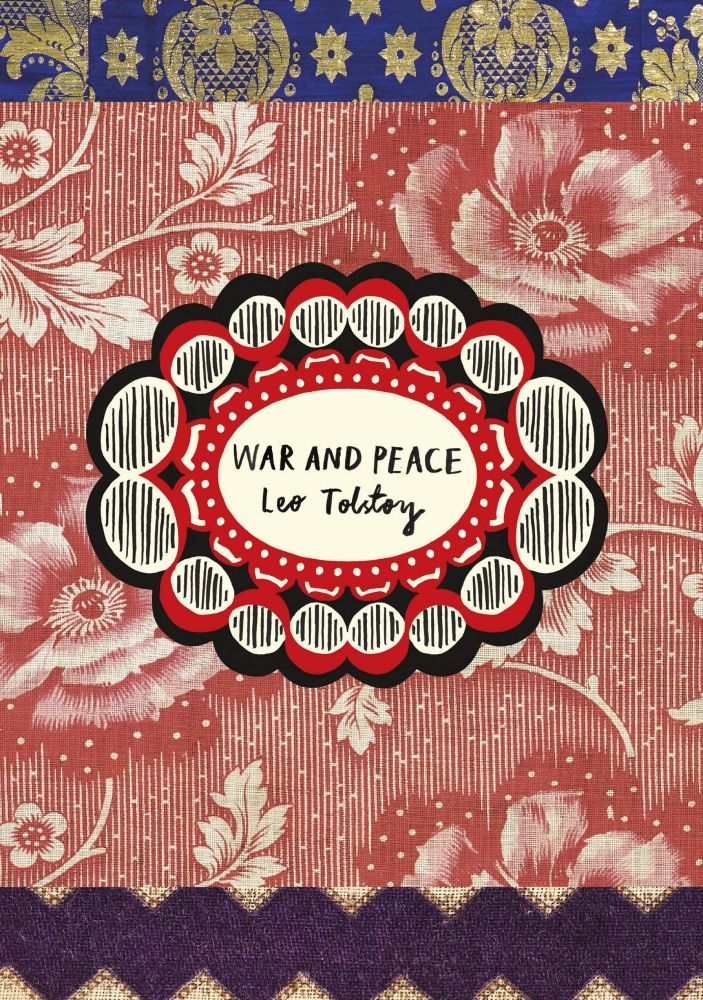Consolations

“I could now write wonderful colorful soap bubbles; true rainbow bubbles,” Joseph Roth wrote in 1925. “After all, you can say valid things even on half a page in a newspaper, can’t you?” In this spirit, the Diasporist is introducing a new series called Seifenblasen (soap bubbles), in which editors and writers discuss books, films, events, exhibitions, and ideas in very short form.
I picked up War and Peace out of the simple desire to be somewhere else for 1,200 pages. The times are exceedingly bad, perhaps there is comfort to be had in times that were bad for different reasons.
And there were many comforts, more in peace than war, but that’s only to be expected. What makes history, according to Tolstoy, is the sum of several billion desires, antipathies, enthusiasms… each bumping into one another and accelerating into inevitability. Tolstoy was writing to challenge the “great man” theory of history. We’re now in the era of the “strong man,” in which we no longer pretend to admire our leaders, but it is still easy to give into the same revisionist temptations.
Tolstoy’s argument was expansive: Each character, from a drunk soldier to a lady-in-waiting, enters the scene as a real, three-dimensional human, with hopes, histories, heartbreaks, proclivities towards gossip, and misgivings. Even if they live (and die) only for a page, their personhood was not reduced. 1,200 pages of such roundness, of undiminishable fullness. It’s an admirable but exhausting way to encounter the world.
Lots of things happen in the time it takes to read a novel of this length. Governments are created and dissolved, plans are made, executed, and forgotten, frustrations emerge, resolve themselves, and then emerge again. Lives are lost and the days march on. I had hoped that reading this novel would change me, but I found that life changed inside of it. Not quite a comfort.
“I think of the innocent lives/Of people in novels who know they’ll die/But not that the novel will end,” Mark Strand writes in his poem “Fiction” (which I read during this time):
“The war that raged for years will come to a close, And so will everything else, except for a presence… That lets us know without spelling it out Not to despair; if the end is come, it too will pass.”